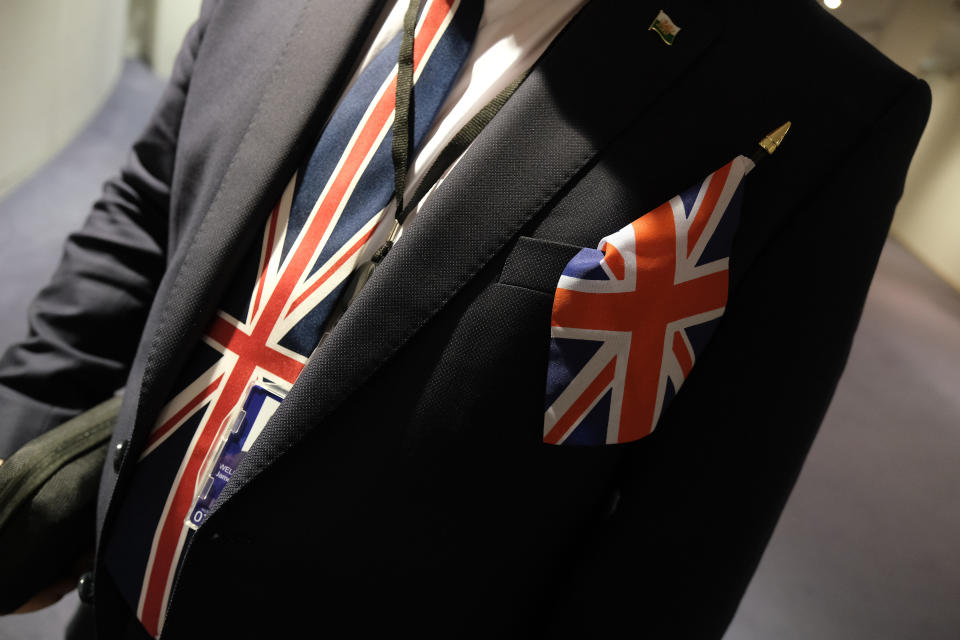It's Brexit day — here's what it means for business

Over three years after Britain voted for Brexit, the UK is officially set to leave the EU on Friday.
Britain will cease to be a member of the European Union at 11pm on 31 January, after both the UK and EU approved the Withdrawal Agreement.
While hugely symbolic, the chiming of the hour won’t mean much for businesses. The Withdrawal Agreement ensures continuity with the EU. The EU has also asked international trading partners to continue to treat the UK as a de facto member during the transition period.
Some lingering doubts remain. Business groups warned it wasn’t clear that all nations had agreed to continue treating the UK as an EU member. There may also be confusion at ports if on-the-ground staff are not fully clued in to the Brexit process.
But for the most part, industry expects continuity.
“You will come into work on Monday and the terms of trade will be exactly the same as when you left on Friday,” said Joseph Owen, programme director at think tank the Institute for Government. “The thing that does change is the clock starts ticking again for 11 months.”
READ MORE: Brexit commemorative 50p coins on sale for £985
The transition period lasts until 31 December 2020 and the UK must negotiate a new trade deal with the EU in that time. The 11-month timeline is incredibly tight, not just for the government but also for businesses.
“Some decisions that only require forward planning of up to a year can be made, but for investment cycles and business planning that require longer lead-in times, uncertainty carries on apace,” said Allie Renison, head of Europe and trade policy at the Institute of Directors.
“There’s still a huge amount of uncertainty,” Owen said. “There will be this new ticking clock for New Years Eve 2020 and the question is: what are we going to do to ensure we are ready for whatever is agreed?”
Aside from the EU, the UK will also have to strike new trade deals with other nations to ensure trade isn’t disrupted when the world stops treating Britain as a de facto EU member.
The UK has ‘rolled over’ EU deals worth around £100bn ($130bn) in trade a year to ensure continuity after December 2020. But several key trading partners — including the US, Turkey, Canada, Japan, and Mexico — have yet to agree to a roll over. Britain will have to either convince them before the end of the year or strike a new trade deal.
“Decisions made during the next phase of negotiations will influence the business environment for decades to come,” said Dr Adam Marshall, director general of the British Chamber of Commerce.

 Yahoo Finance
Yahoo Finance 